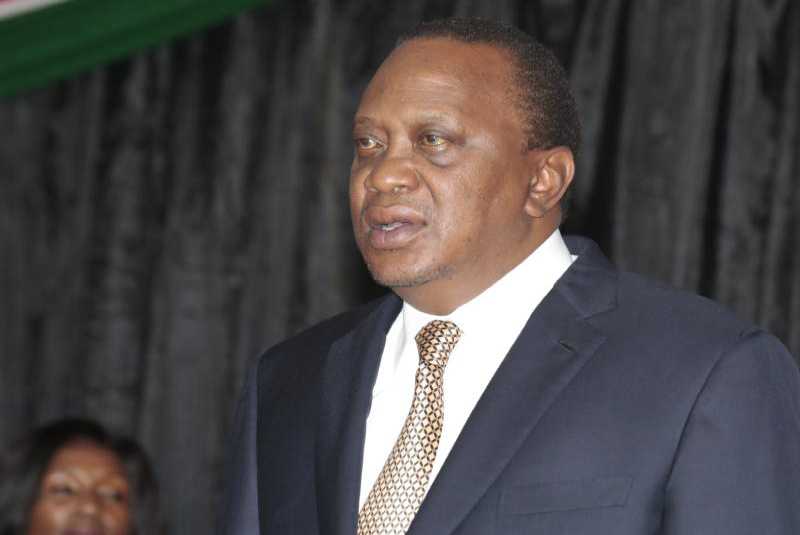×
The Standard e-Paper
Fearless, Trusted News

NAIROBI, KENYA: Kenya is two steps away from experiencing difficulties in repaying her debts, an international lender has warned.
In a report released on Tuesday, the International Monetary Fund (IMF) noted that the country’s risk of defaulting on debt repayment had increased from low to moderate.